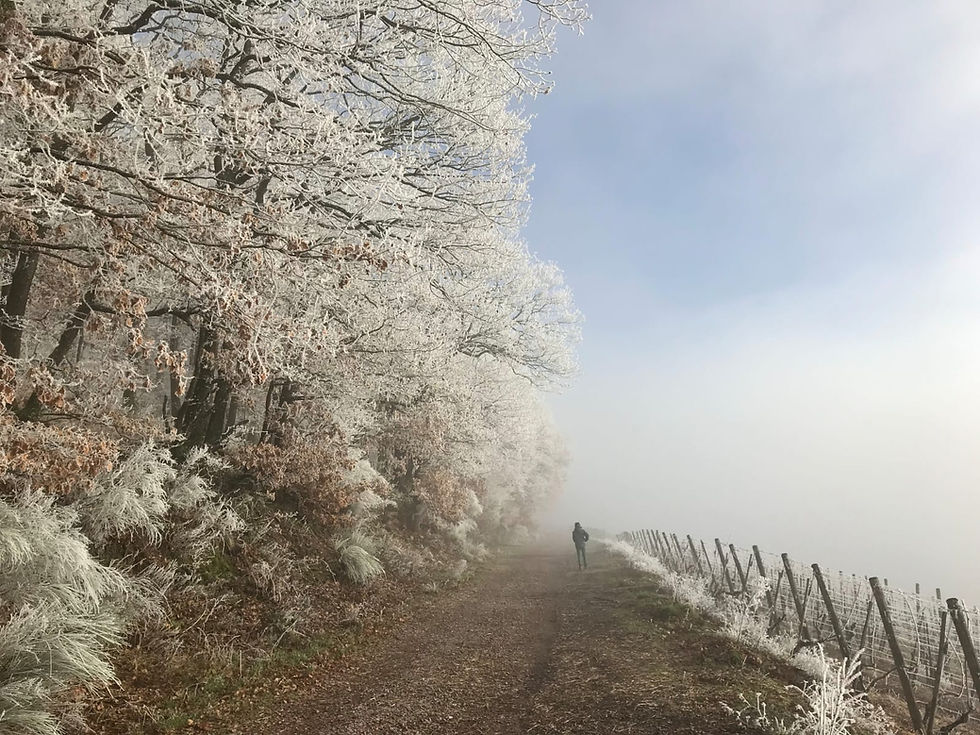Connecting Through Wounds or Joy: A Path to Self-Compassion
- Lidija Poth

- Sep 28, 2025
- 2 min read

The Roots of Connection
How do we connect with each other? Does it stem from the wounds we carry—shared pain that binds us—or from joy, a lighter thread of mutual delight? This question surfaced during a recent walk, my dog trotting beside me, as I pondered a friend’s story of isolation. Connection feels elusive when hurt lingers, yet it’s the bridge we crave.
Barriers rise quickly. Are we afraid of rejection, disappointment, or choosing the wrong person? In puberty, these fears often take root—awkward attempts at friendship or love met with uncertainty. Later, past betrayals deepen the hesitation. Do we even need toxicity to feel alive, as some might suggest? For me, this rang true in moments of self-doubt, where unhealthy ties felt familiar.
Boundaries and Deliberate Action
Yet, there’s a shift when we consider ourselves and the outside world. Boundaries become our guide. When we establish them, rooted in internal validation—knowing our worth—we create space for deliberate action. This means choosing connections that align with what we want, not what we fear. I’ve seen this in my coaching: a client, hesitant after a toxic relationship, set clear limits and found freedom in selective bonds.
Psychologist Brené Brown, in Daring Greatly, emphasizes that vulnerability fuels connection, but only when paired with boundaries. Without them, we risk losing ourselves. My own journey taught me this—saying “no” to draining interactions opened doors to joy-filled ones.
The Generational Challenge of Self-Compassion
A striking insight came from reading about a global, generational lack of self-compassion, especially among women. Research by Kristin Neff, a pioneer in self-compassion (Self-Compassion: The Proven Power of Being Kind to Yourself), suggests this trait may be ingrained—perhaps a cultural or genetic echo of self-sacrifice. It’s not serving us. I’ve felt this pressure myself, prioritizing others’ needs over my own, a habit passed down through generations.
Neff argues that self-compassion—treating ourselves with the kindness we’d offer a friend—breaks this cycle. In my practice, I’ve guided women to pause and ask, “What would I say to my daughter here?” This reframing fosters new habits, replacing self-criticism with care.
Relearning Through Growth
So, how do we break this habit? It starts with awareness—recognizing when we judge ourselves harshly. Relearning requires practice: daily affirmations, journaling, or seeking support. For me, uncomfortable moments of self-reflection—admitting my need for rest—built resilience. Neff’s research shows self-compassion reduces stress, enhancing our capacity to connect.
Without this inner shift, external bonds remain fragile. If we’re disconnected from ourselves, how can we trust others? My client who embraced self-kindness found the courage to form healthier friendships, proving the link between inner and outer worlds.
A Call to Reflect and Connect
This journey challenges us: Do we connect from wounds or joy? What fears hold us back, and can we release toxicity’s grip? How do we set boundaries and cultivate self-compassion to choose deliberate connections? For me, it’s been a process of unlearning old patterns and embracing growth.
I invite you to share: What keeps you from connecting? How can you practice self-compassion today? How might we, as a community, support each other in this transformation?




Comments